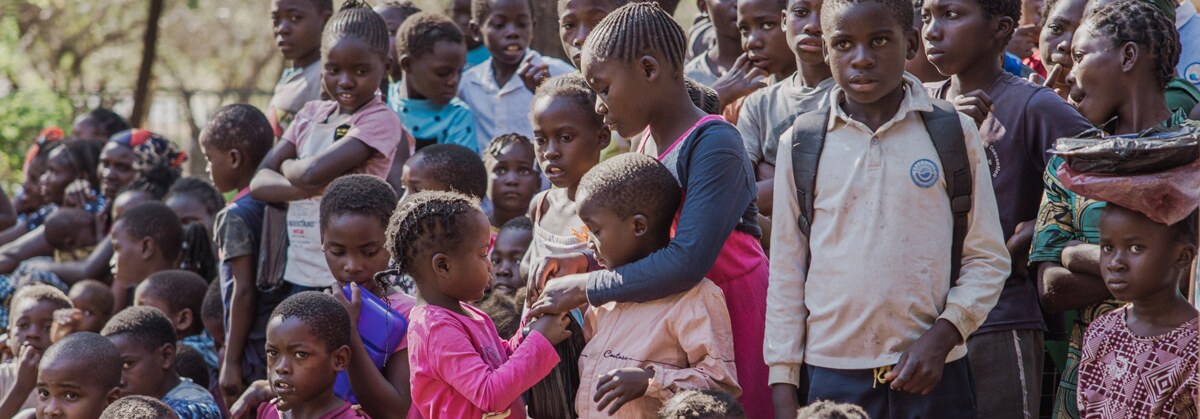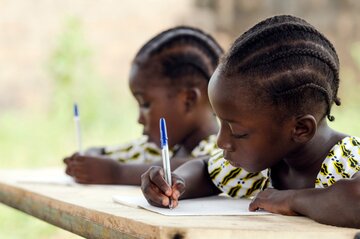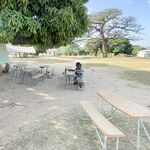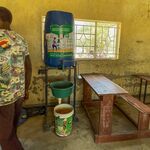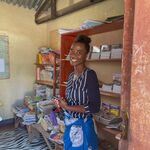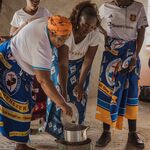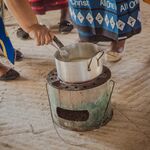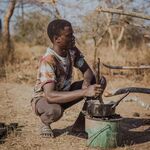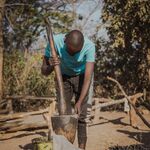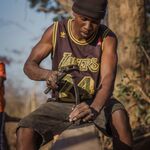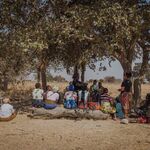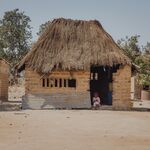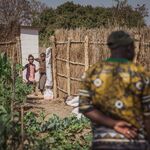An Overview:
- Teacher Shortage: Many schools do not have enough teachers to meet demand. This problem can often be solved simply by providing teachers' houses, as many schools are located in remote hinterland areas and can only be reached via poor roads or paths.
- Poor Facilities: Schools in Zambia are often poorly equipped. Basic teaching materials such as books, notebooks, and writing utensils are missing.
- Broken School Buildings: Many school buildings are in a dilapidated condition. Roofs are leaking, windows and doors are missing, and there is often no furniture.
- Lack of School Buildings: In rural areas, there are often no school buildings at all. Classes take place outdoors or in makeshift huts.
- Hunger: Hungry children learn poorly. School kitchens can help here. Some children travel the many kilometers to school only because they can get a meal there.
These challenges highlight the urgent need to improve the educational situation in Zambia. And this is where we can help. We take a holistic approach to schools and decide on-site, together with the teachers and the parent committee, which measures are appropriate and which have priority.
